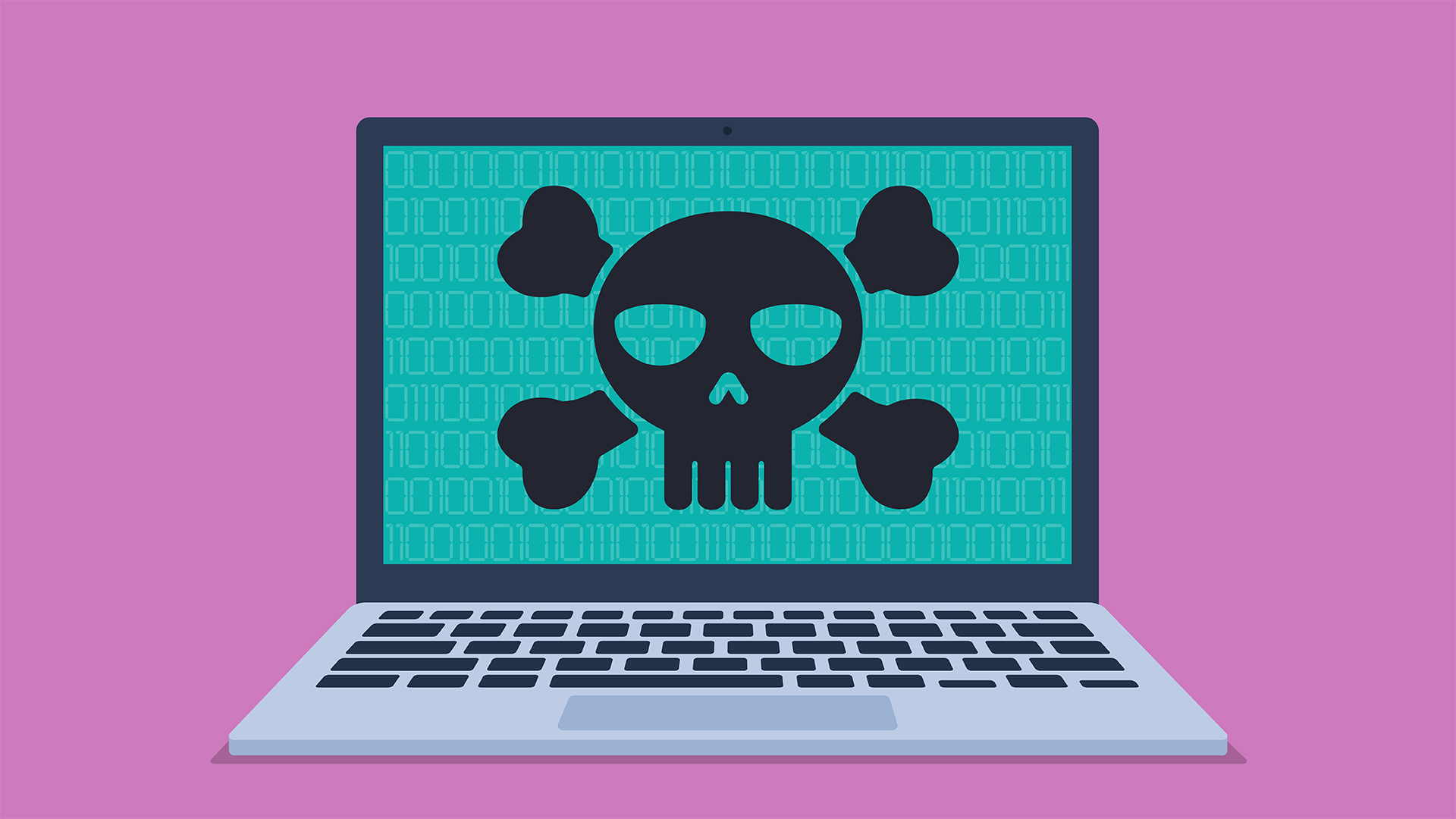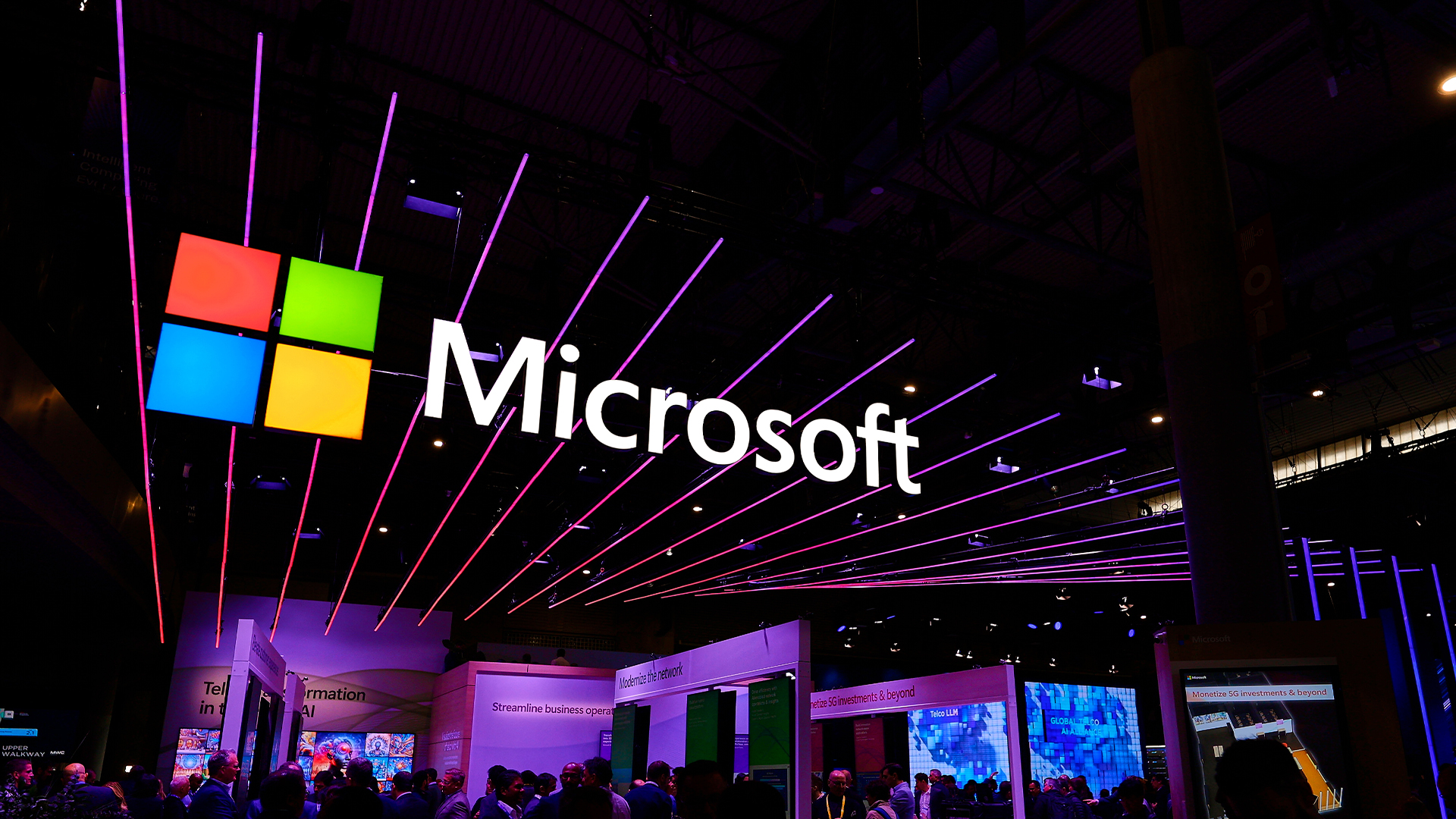Multichannel attacks are becoming a serious threat for enterprises – and AI is fueling the surge
Multichannel attacks pose a dangerous threat to businesses as attackers can disguise themselves more convincingly


Organizations are seeing a steep rise in multichannel attacks fueled in part by an uptick in AI cyber crime, new research from SoSafe has found.
94% of surveyed organizations reported an increase in multichannel attacks over the last year, referring to attacks in which threat actors utilize multiple platforms such as email and SMS.
This is in part because there are now so many channels for attackers to target, with cyber criminals able to exploit social media accounts and messaging apps to mimic legitimate communications.
AI also plays a part, with the report referring to one incident in which AI was used to generate a deepfake voice clone in tandem with communication via WhatsApp and Teams channels.
“Imagine a vice president receiving a call from the ‘CEO’ asking them to execute an urgent action, followed by a confirming message on another medium like Teams or Slack. The call creates urgency, and the follow-up adds credibility. Who wouldn't do as advised?” Sascha Giese, tech evangelist at SolarWinds, told ITPro.
“A sophisticated multi-channel attack could be the perfect crime, combining technical expertise, social engineering, a narrative, and an AI in a way that few organizations are equipped to defend against,” Giese added.
Respondents expect AI cyber attacks to grow in frequency across the board, the report found, with 91% expecting the threat and intensity of AI-based cyber attacks to increase over the next three years.
Sign up today and you will receive a free copy of our Future Focus 2025 report - the leading guidance on AI, cybersecurity and other IT challenges as per 700+ senior executives
Though 96% of respondents recognized the importance of detecting AI-based attacks, only 26% rated their ability to do this as “high.”
Why are multichannel attacks so dangerous?
Businesses must be wary of this upward trend in multichannel attacks as they can be particularly effective ways for attackers to leverage vulnerabilities.
They can be particularly dangerous as they combine multiple prompts directed at a victim using more than one media type to create a sense of credibility, James McGodrick, head of security services at Systal, said.
“Examples of this could be an apparently legitimate voicemail from a CFO to a member of the finance team, immediately followed by a very convincing payment link sent via E-Mail which aligns with the content of the voicemail,” McGodrick told ITPro.
RELATED WHITEPAPER

As much cybersecurity training highlights the importance of double checking with the person who appears to have sent a communication, McGodrick said, multichannel attacks work by attempting to satisfy the victim that further corroboration is not needed.
“For this reason, multi-channel attacks can be particularly dangerous for organizations, even those who have already got user awareness training in place,” McGodrick said.
MORE FROM ITPRO

George Fitzmaurice is a former Staff Writer at ITPro and ChannelPro, with a particular interest in AI regulation, data legislation, and market development. After graduating from the University of Oxford with a degree in English Language and Literature, he undertook an internship at the New Statesman before starting at ITPro. Outside of the office, George is both an aspiring musician and an avid reader.
-
 The modern workplace: Standardizing collaboration for the enterprise IT leader
The modern workplace: Standardizing collaboration for the enterprise IT leaderHow Barco ClickShare Hub is redefining the meeting room
-
 Interim CISA chief uploaded sensitive documents to a public version of ChatGPT
Interim CISA chief uploaded sensitive documents to a public version of ChatGPTNews The incident at CISA raises yet more concerns about the rise of ‘shadow AI’ and data protection risks
-
 CISA’s interim chief uploaded sensitive documents to a public version of ChatGPT – security experts explain why you should never do that
CISA’s interim chief uploaded sensitive documents to a public version of ChatGPT – security experts explain why you should never do thatNews The incident at CISA raises yet more concerns about the rise of ‘shadow AI’ and data protection risks
-
 AI is “forcing a fundamental shift” in data privacy and governance
AI is “forcing a fundamental shift” in data privacy and governanceNews Organizations are working to define and establish the governance structures they need to manage AI responsibly at scale – and budgets are going up
-
 Supply chain and AI security in the spotlight for cyber leaders in 2026
Supply chain and AI security in the spotlight for cyber leaders in 2026News Organizations are sharpening their focus on supply chain security and shoring up AI systems
-
 Trend Micro issues warning over rise of 'vibe crime' as cyber criminals turn to agentic AI to automate attacks
Trend Micro issues warning over rise of 'vibe crime' as cyber criminals turn to agentic AI to automate attacksNews Trend Micro is warning of a boom in 'vibe crime' - the use of agentic AI to support fully-automated cyber criminal operations and accelerate attacks.
-
 NCSC issues urgent warning over growing AI prompt injection risks – here’s what you need to know
NCSC issues urgent warning over growing AI prompt injection risks – here’s what you need to knowNews Many organizations see prompt injection as just another version of SQL injection - but this is a mistake
-
 AWS CISO Amy Herzog thinks AI agents will be a ‘boon’ for cyber professionals — and teams at Amazon are already seeing huge gains
AWS CISO Amy Herzog thinks AI agents will be a ‘boon’ for cyber professionals — and teams at Amazon are already seeing huge gainsNews AWS CISO Amy Herzog thinks AI agents will be a ‘boon’ for cyber professionals, and the company has already unlocked significant benefits from the technology internally.
-
 HPE selects CrowdStrike to safeguard high-performance AI workloads
HPE selects CrowdStrike to safeguard high-performance AI workloadsNews The security vendor joins HPE’s Unleash AI partner program, bringing Falcon security capabilities to HPE Private Cloud AI
-
 Microsoft opens up Entra Agent ID preview with new AI features
Microsoft opens up Entra Agent ID preview with new AI featuresNews Microsoft Entra Agent ID aims to help manage influx of AI agents using existing tools